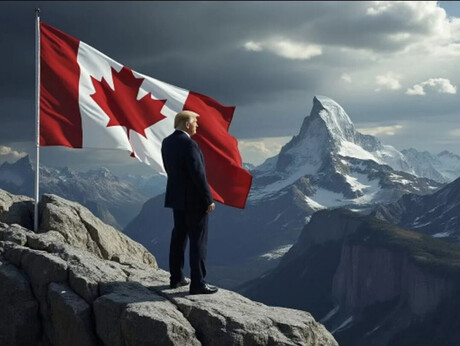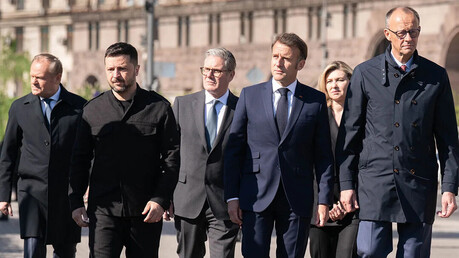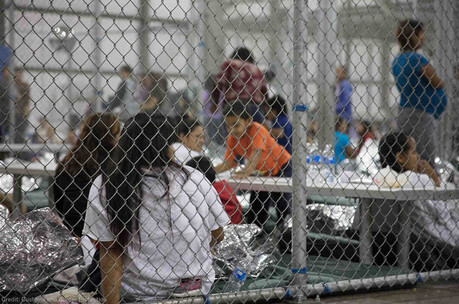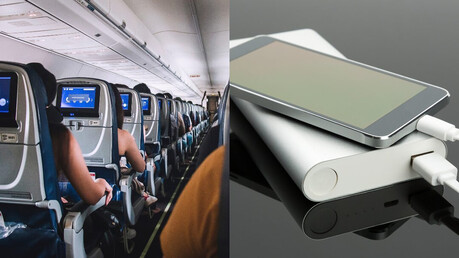
Washington, D.C.—In a landmark decision, the U.S. Court of Appeals for the Federal Circuit has ruled that President Donald Trump’s use of the International Emergency Economic Powers Act (IEEPA) to impose two sweeping tariff regimes—the "Drug Interdiction Tariff" and "Reciprocal Tariff"—was unlawful. The 7-4 ruling, issued on August 29, reaffirms the foundational principle of American democracy: the power of taxation resides with Congress, not the executive branch.
The court's opinion dismantled the Trump administration’s legal arguments with three precise and compelling points. At its core, the judgment held that the IEEPA, created in 1977, does not grant the president authority to levy tariffs.
First, the court emphasized the plain text of the law. The IEEPA lists various powers the president may exercise during an economic emergency, such as blocking financial transactions and seizing assets. However, as the court noted, the words "tariff," "duty," or "tax" are conspicuously absent. This omission, the court argued, was not an oversight. A review of past trade laws showed that Congress had always used explicit language when delegating tariff authority to the president, an intentional precision that was missing from the IEEPA. The court also rejected the administration's claim that the term "regulate" encompassed the power to impose tariffs, clarifying that the power to regulate does not extend to the power to tax.
Second, the court highlighted the absence of crucial safeguards. Historically, Congress has always attached clear limitations to any delegated tariff power, including a cap on the rate, a time limit, and a mandated investigative process. The IEEPA lacks all three. The court reasoned that it would be illogical for Congress to have meticulously crafted these checks and balances in other laws only to abandon them in the IEEPA, a statute under which an emergency declaration can persist indefinitely.
Third, the ruling pointed to the historical context and legislative intent. The Trump administration cited President Richard Nixon’s temporary 1971 import surtax as a precedent. However, the court distinguished the two cases, noting Nixon’s tariff was temporary, whereas Trump’s was indefinite and global in scope. More importantly, the court stressed that when Congress drafted the IEEPA in 1977, it was fully aware of Nixon’s action but deliberately chose not to include tariff authority in the new law. This deliberate exclusion, the court concluded, was clear evidence of legislative intent.
The decision is a significant check on what critics have called an "imperial presidency." While the matter will likely proceed to the Supreme Court, legal experts believe the high court is unlikely to overturn the ruling. The conservative-majority Supreme Court has consistently upheld the "major questions doctrine," which requires explicit congressional authorization for significant executive actions. Given the court’s recent track record of striking down major policy initiatives—including the Biden administration’s student loan forgiveness plan, which was one-fifth the estimated cost of Trump's tariffs—a reversal would be a dramatic and inconsistent shift in its legal philosophy.
This legal showdown is a pivotal moment for American democracy, serving as a reminder that the separation of powers remains a cornerstone of the nation’s governance, with the judiciary playing a vital role in curbing executive overreach.
[Copyright (c) Global Economic Times. All Rights Reserved.]





























